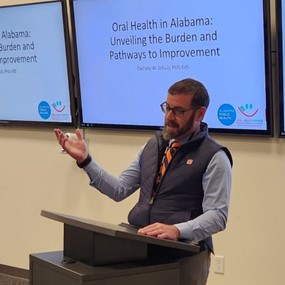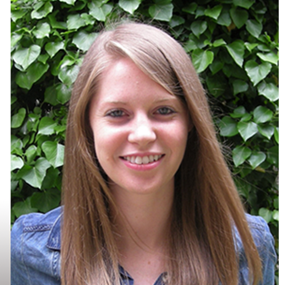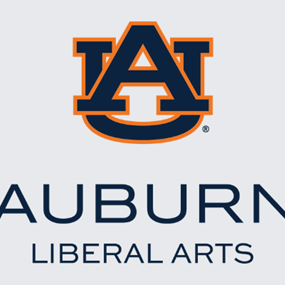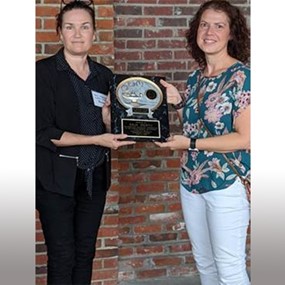NAGPRA Assistant Nickolas Long aspires to rebuild trust between archaeologists, Native communities
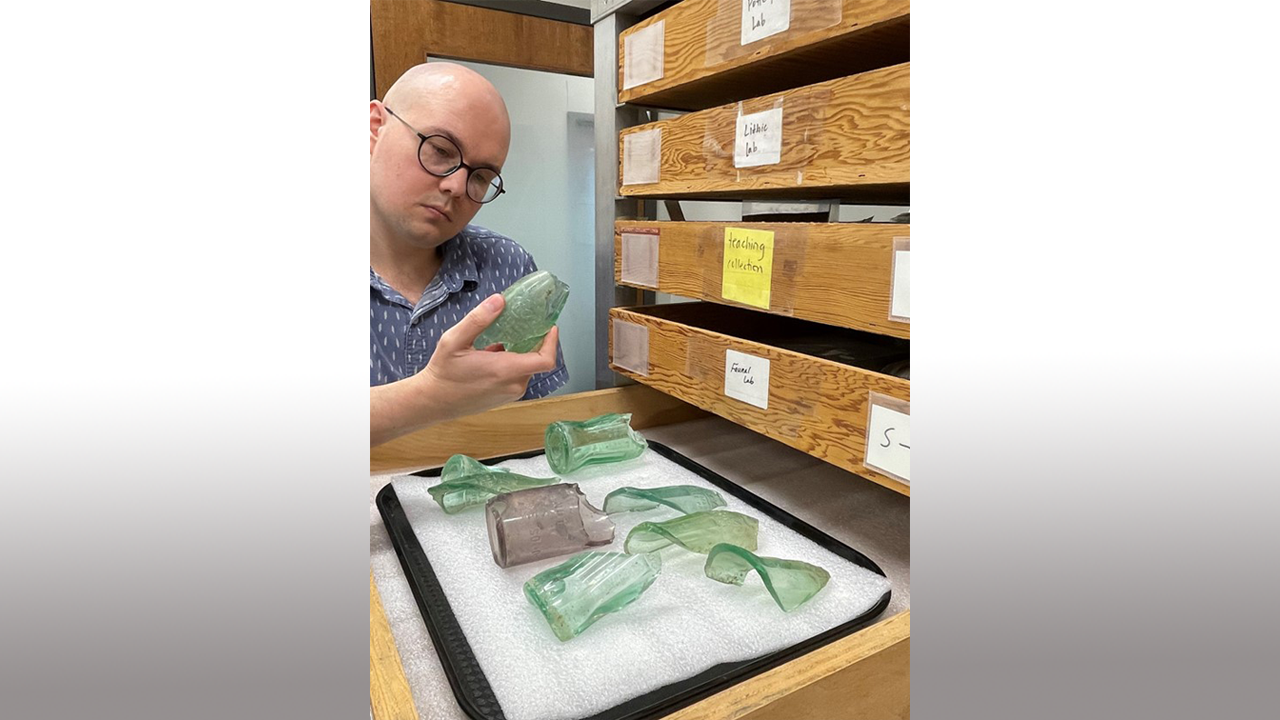
Nickolas Long, a new assistant for the Native American Graves Protection and Repatriation Act (NAGPRA) at Auburn University, brings a strong background in archaeology and education to the College of Liberal Arts. Long holds a Bachelor of Arts in Sociology with a concentration in Anthropology from Auburn University at Montgomery and a Master of Arts in Cultural Heritage Studies from the University of Alabama at Birmingham.
As a NAGPRA assistant, Long joins a team of dedicated professionals who work with Native tribes to return cultural artifacts and museums to educate the public about NAGPRA’s impact.
Why did you want to join the NAGPRA team at CLA?
NL: I first heard of NAGPRA when I was an undergraduate student at Auburn University at Montgomery back in 2017. I was approached by my professor telling me how the Alabama Department of Archives and History was looking for students to work on its Historic Creek Indian collection and to try to get it up to NAGPRA standards. I figured I would give it a shot to apply, and I ended up getting the position. Once I started at the Archives, I fell in love with the work. I loved working with collections and getting to see all the artifacts, while at the same time, doing work that was considered not only ethical, but also a positive for archaeology. I decided right then and there that I had found a possible future career opportunity and one that I was going to try and go for it. Once I heard that this position was opening at Auburn, I jumped at the chance to take it and luckily for me I got the job!
For those who may not be familiar, how would you describe NAGPRA’s importance?
NL: NAGPRA is something that a lot of people are not aware of, even though it’s an extremely important federal law regarding archaeology. While I love anthropology and archaeology, unfortunately, in the earlier days of these fields some things that were done for the “betterment of science” when it was just justification for racism, cultural genocide and bigotry. The goal of NAGPRA is to correct the wrongs of past archaeologists who viewed archaeology as more of an adventure and as Indigenous people as “exotic.” Because of this, it created a distrust of archaeologists in Indigenous communities, which for one, I can’t blame them. NAGPRA is so important because it helps to create those bonds between archaeologists and Indigenous communities which can hopefully fuel collaboration between the two groups and give us a better understanding of the past.
What does your role include? How has your educational and professional career prepared you for this position?
NL: Some essential duties for myself could include taking inventory of the collection, looking through documents to find any valuable information, helping to get the collection up to federal standards, or if my NAGPRA coordinator, Michael, needs anything from me, I will try to help them out. That’s the great thing about this job is that no day is the same and tasks are constantly changing. Since I realized I had a passion for working with archaeological collections during my younger years, everything that I have done academically and professionally has been to help me prepare for a job like this. Anytime I had an opportunity to pick a topic for a project, it would deal with collections, NAGPRA, or both. In addition to my research, I have also tried to do any internships, TA positions and volunteering opportunities that I believe would help me for a position like this.
Which aspect of this role are you most looking forward to?
NL: I am so excited for so many opportunities and experiences in connection with this job that I can’t just pick one. I am excited that I am getting to work with and learn from people like Michael Walters, the NAGPRA coordinator for Auburn, or Meghan Buchanan, a professor in the department who specializes in archaeology. I am excited that I will have a chance to hear perspectives from Indigenous people and to hopefully foster a collaborative effort for this project, and finally I am excited that I will have an opportunity to work as a representative of Auburn and hopefully educate the local community and the state about NAGPRA and archaeology.
Learn more about NAGPRA at the National Park Service website.
Tags: Anthropology Faculty


